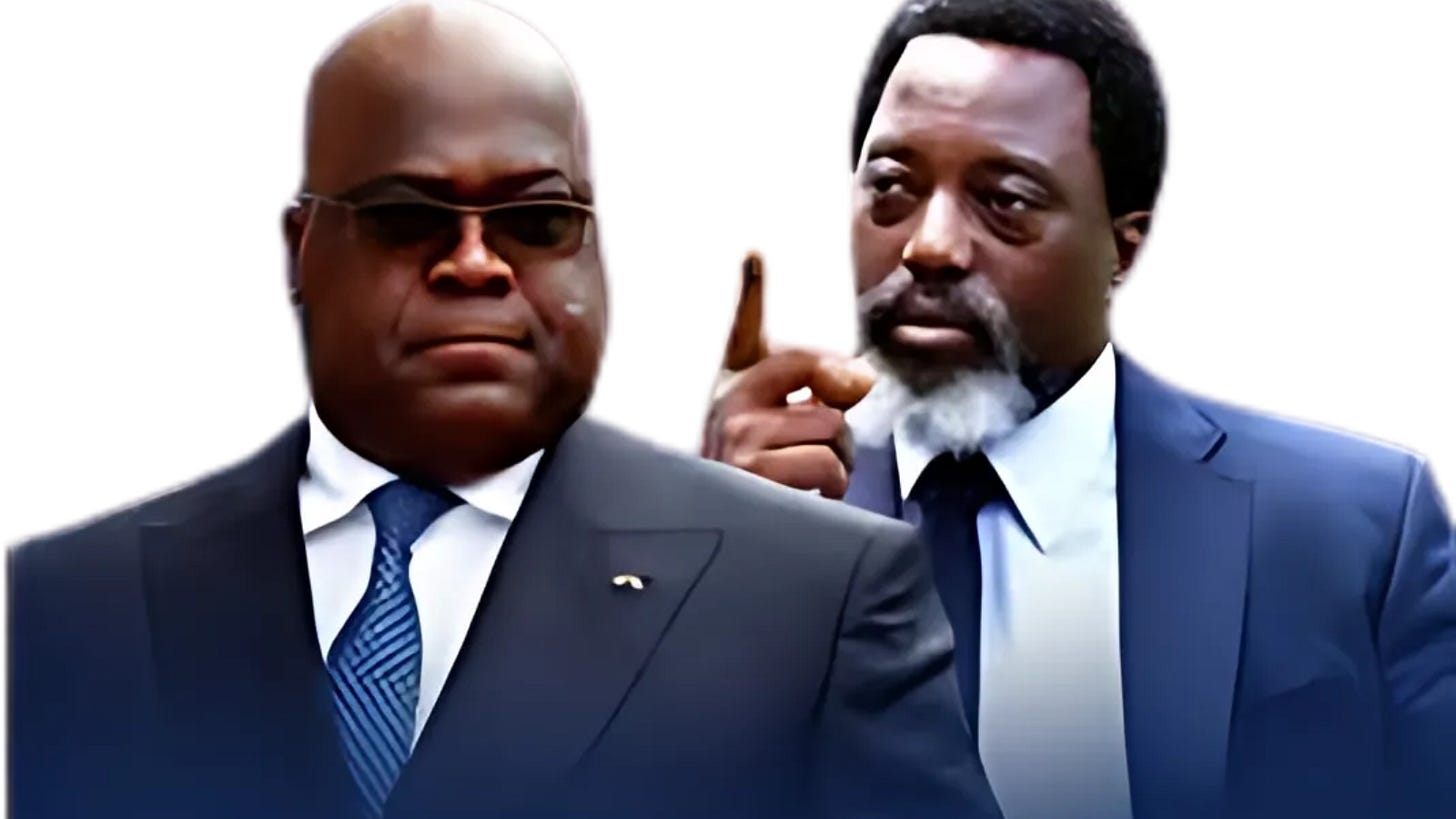Kabila's PPRD Defies Government Ban: What It Means for the DRC's Fragile Democracy
By Ujasusi Blog – Great Lakes Intelligence Unit
The Democratic Republic of the Congo (DRC) has once again found itself at a political crossroads. On May 7, 2025, the People's Party for Reconstruction and Democracy (PPRD), led by former President Joseph Kabila, announced it would resume its activities despite a suspension order from the Minister of Interior. This move has sparked intense debate about legality, political repression, and the fragility of democratic processes in one of Africa’s most volatile yet geopolitically strategic nations.
This article provides a highly SEO-optimised, intelligence-grade analysis of this unfolding development and its implications for political stability, security dynamics, and regional geopolitics.
Background: PPRD’s Legacy and Suspension
Who Are the PPRD?
Founded by Joseph Kabila in 2002, the PPRD has long been a dominant force in Congolese politics. It served as the ruling party during Kabila’s presidency (2001–2019), a period marked by civil conflict, power consolidation, and international scrutiny.
Why Was It Suspended?
On April 24, 2025, Interior Minister Jacquemain Shabani suspended the PPRD and other parties associated with the Front Commun pour le Congo (FCC) coalition. The official reason cited was "threats to public order"—a justification seen by critics as a thin veil for political suppression.
The May 7 Defiance: Calculated or Desperate?
Strategic Symbolism
The PPRD’s decision to resume operations wasn’t random—it coincided with Joseph Kabila’s birthday. This symbolic timing sent a clear message: the former president is still a political force to reckon with. Resuming party activities at a new office in Kinshasa reinforced their claim to legitimacy and endurance.
Legal Pushback
PPRD leaders argue that the suspension lacks constitutional backing, highlighting the fact that such a ban on a legal political party requires judicial—not ministerial—action. This line of reasoning aims to rally domestic legal institutions and international partners to their side.


